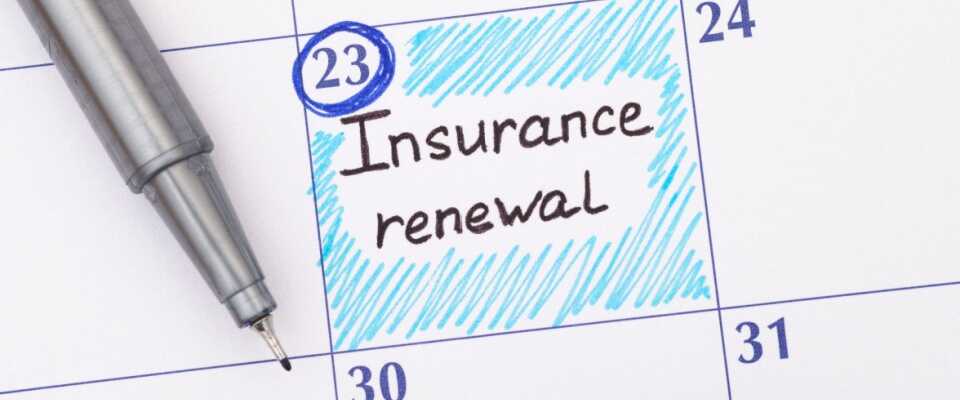When you sign up for renters insurance, you may expect coverage to kick in right away. But there’s a key detail that decides when your protection actually begins: the effective date.
This single line in your policy has a big impact on when you’re officially covered and when you’re not. Understanding it can save you from gaps in protection, unexpected out-of-pocket costs, or assumptions that leave you financially vulnerable.
What is an effective date, and why is it important?
The effective date is the official start date of your renters insurance policy. It’s the moment when your coverage goes from pending to active. Before this date and time, any losses or damages won't be covered, regardless of when you purchased the policy.
Here's why this timing matters: If someone breaks into your apartment and steals your electronics before your policy's effective date, you'll pay for replacements entirely on your own.

For example, you purchase a policy online on October 1st, but your effective date isn't until October 3rd at 12:01 AM. If your laptop gets stolen on October 2nd, that loss isn't covered, and you're responsible for the full replacement cost. That’s why it’s so important to obtain coverage before you move into your apartment, so your belongings are protected from day one.
How are effective dates set?
Renters insurance providers typically let you choose the effective date when purchasing a policy. ResidentShield customers always have the option to choose their effective date when purchasing a policy.
Here are a few general aspects to keep in mind:
- Immediate coverage: Some insurers allow your coverage to begin the same day, as soon as payment is processed.
- Future coverage: If you’re moving into a new apartment, you can select a future effective date, such as your move-in day.
- Automatic renewals: New policies typically start immediately after your previous policy expires, preventing coverage gaps.
Always double-check the paperwork or confirmation email to be sure your effective date aligns with your coverage needs.
How do I find my effective date?
You can find your effective date in several places:
- At the top of your policy documents, typically on the declarations page (the summary page that outlines your coverage details).
- In the confirmation email you receive after purchasing your policy.
- Through your insurance company's online portal or mobile app.
Can you change your effective date after signing a policy?
Yes, but timing matters. Most insurance companies allow changes before your policy becomes active. For instance, if your move-in date shifts, you can typically adjust the effective date to match.

Once your policy is active, changes usually require canceling and reissuing the policy, which may involve additional fees.
Contact your insurance provider as soon as you know you need a change.
Effective date vs. expiration date
The effective date marks the start of your coverage, while the expiration date marks the end. Together, they define the window of time your renters insurance is active for.
When you renew your policy, you'll receive a new effective date that should begin immediately after your previous policy expires. Missing your renewal deadline, even by a single day, can create a coverage gap that leaves you financially vulnerable.
Common misunderstandings about effective dates
Many renters make assumptions about effective dates that can lead to coverage problems. Here are some common mistakes:
- Assuming instant coverage. As mentioned above, that’s not always the case. Read your confirmation documents carefully so you know the exact effective date and time.
- Ignoring time zones. Some policies list the date with a specific time, often 12:01 AM in the insurer’s time zone. That detail could matter if you live in a different region than your insurer.
- Not considering renewals. If you let your policy expire before renewing, you’ll have a period without protection. Start your renewal process well before your expiration date. You can also mark your renewal date on your calendar, so your coverage never lapses.
If you’re unsure about your coverage, contact your insurer to clarify when your protection officially begins.

The effective date may look like just another line in your renters insurance policy, but it’s the detail that decides when your protection begins. Knowing that date and double-checking it against your move-in day or renewal period helps you avoid unnecessary gaps in your coverage.
Whether you’re getting a new policy or renewing your existing coverage, take a closer look at your renters insurance paperwork and make sure you know what your policy's effective date is. A few minutes of checking now can save you many headaches later.




